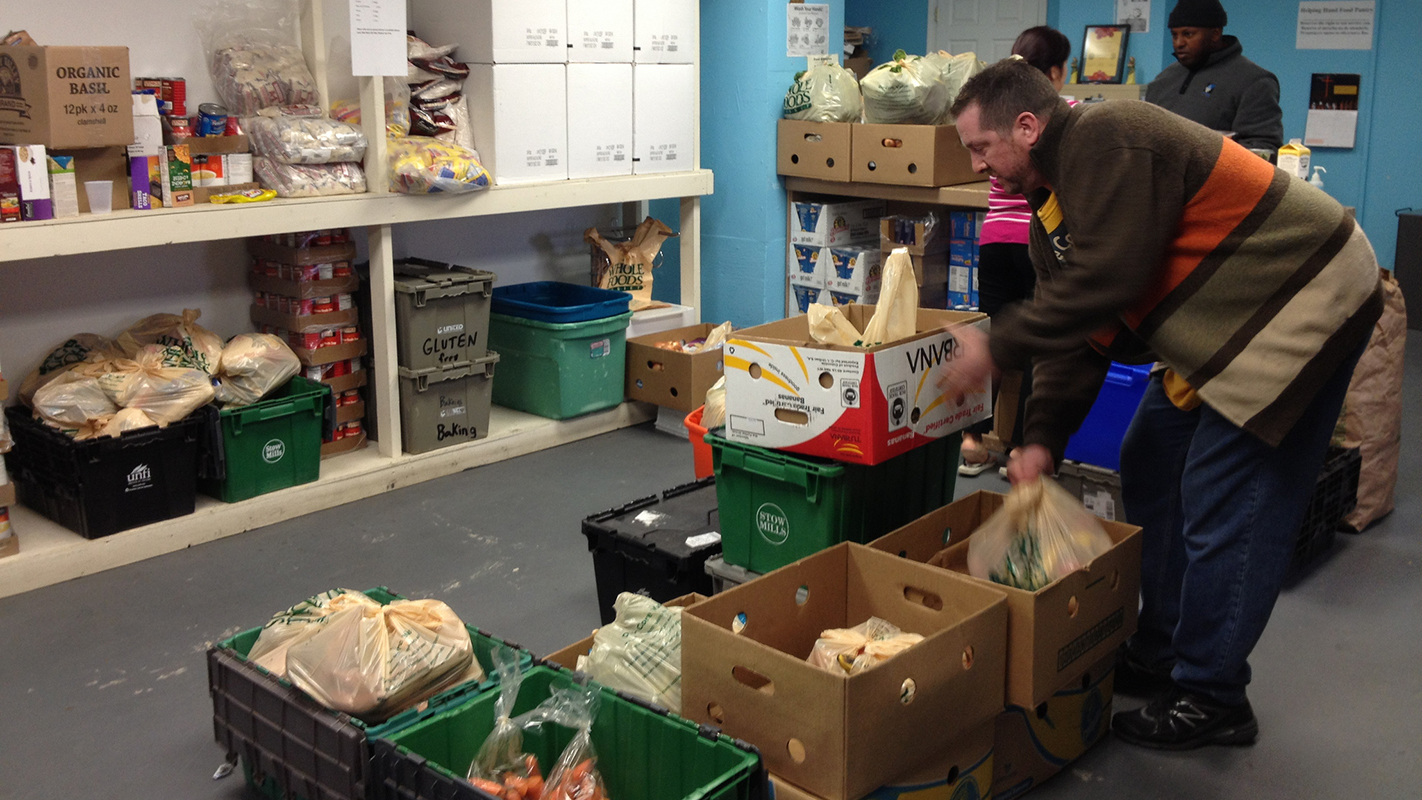food
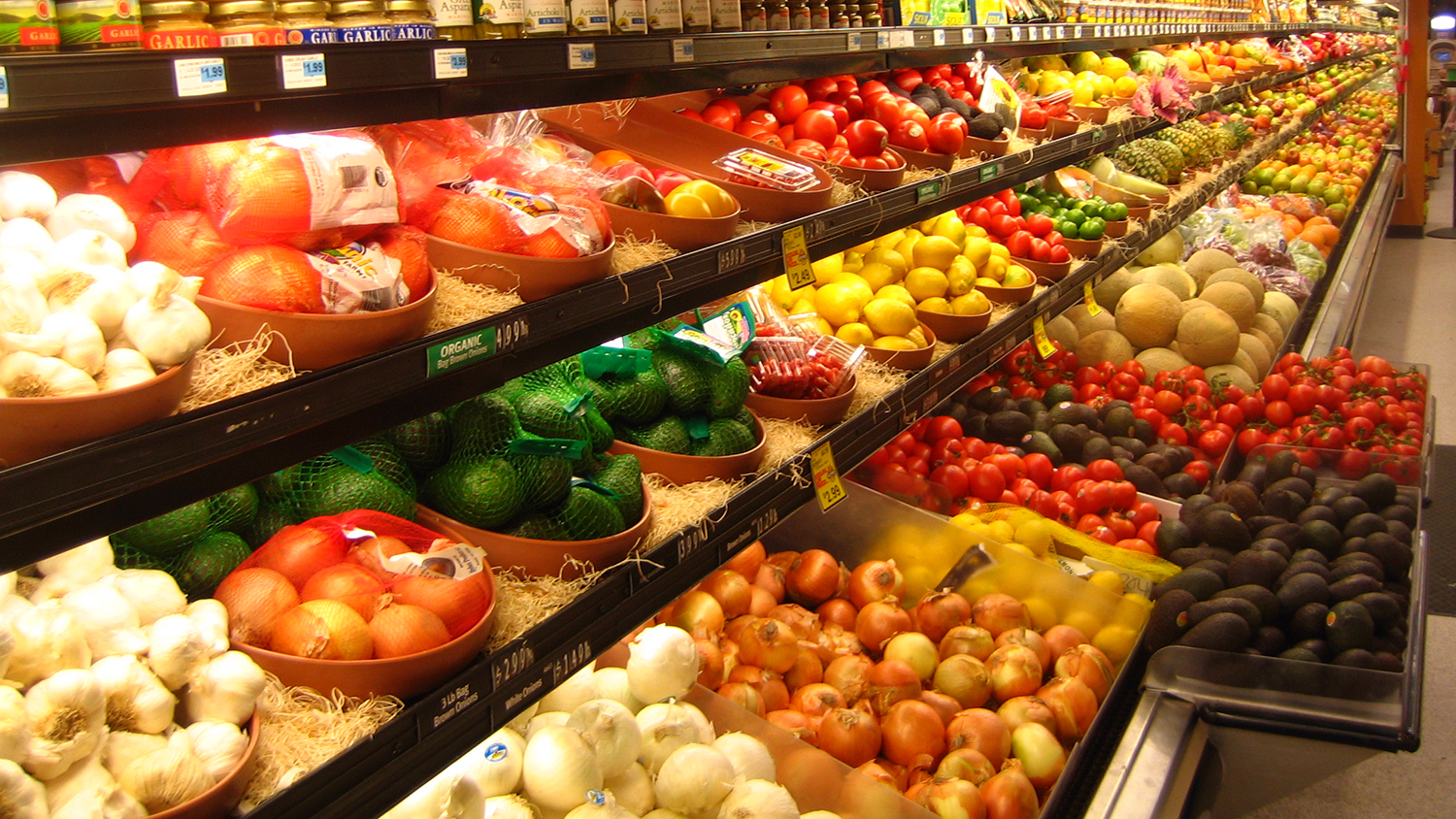
Study: SNAP Benefits Aren’t Enough to Afford a Healthy Diet
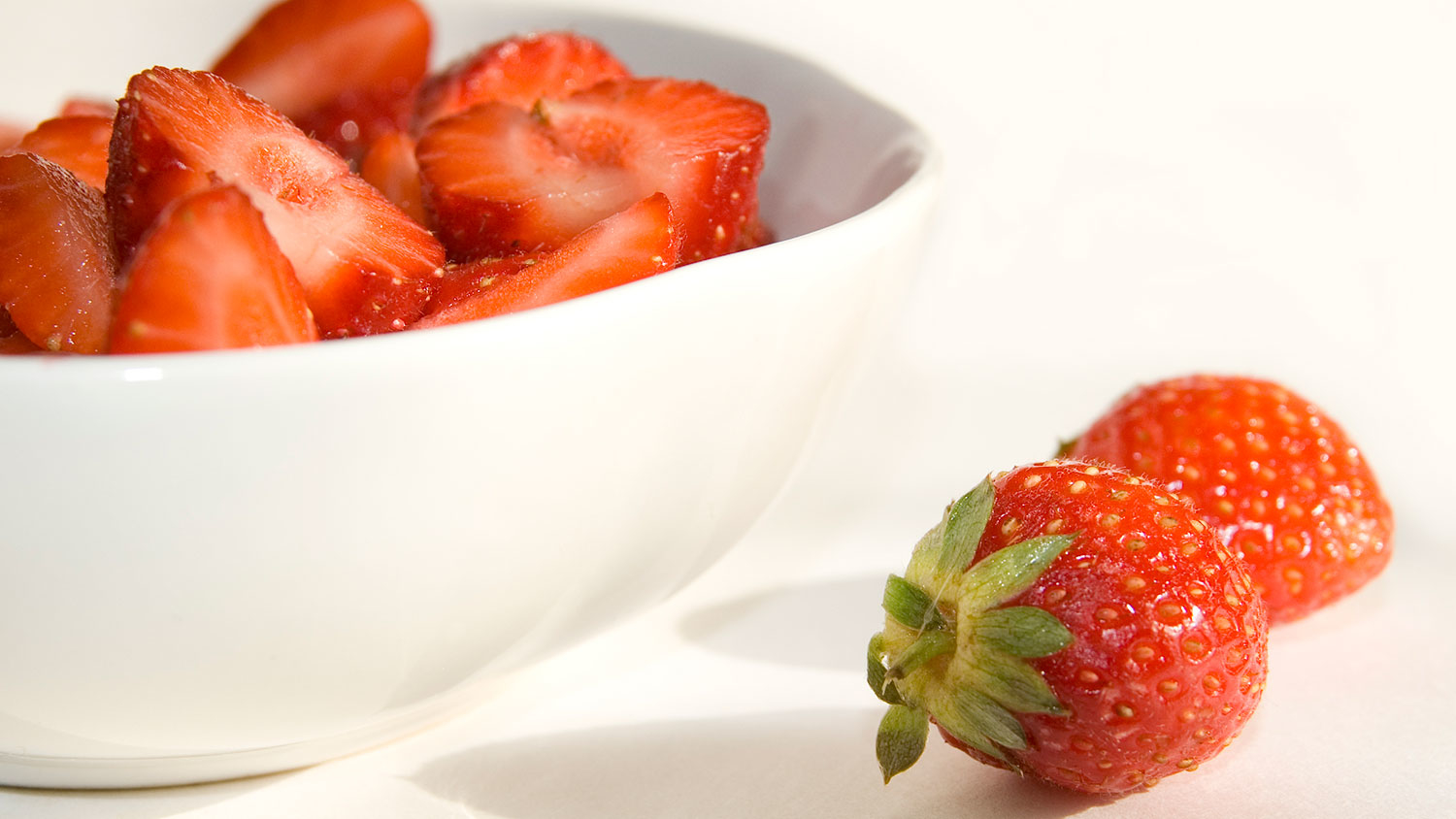
Healthy Eating Campaign Targets Mothers of Young Children

The Importance of Seeds: a Q&A with Rob Dunn
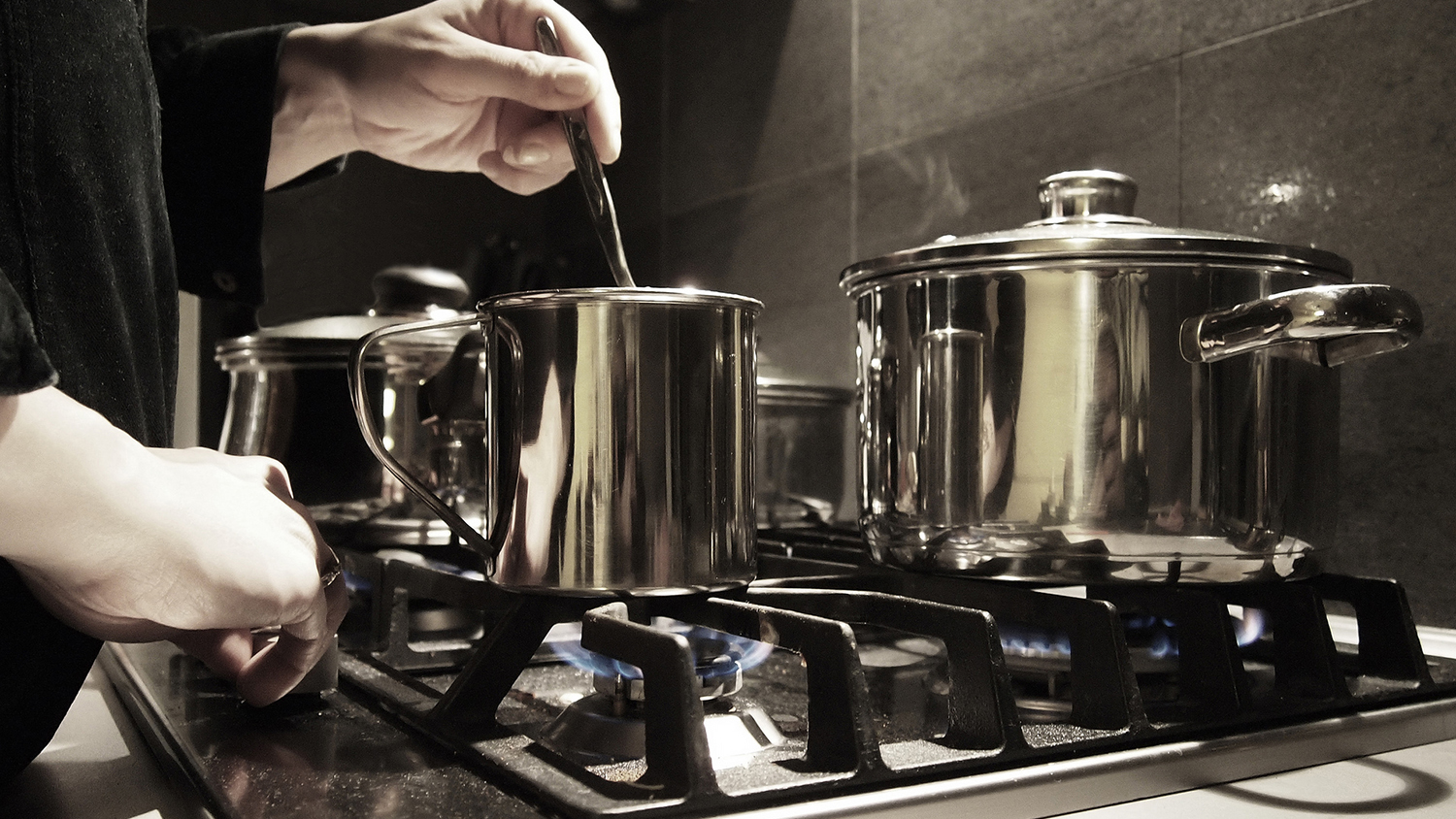
Cookbooks Give Readers (Mostly) Bad Advice On Food Safety
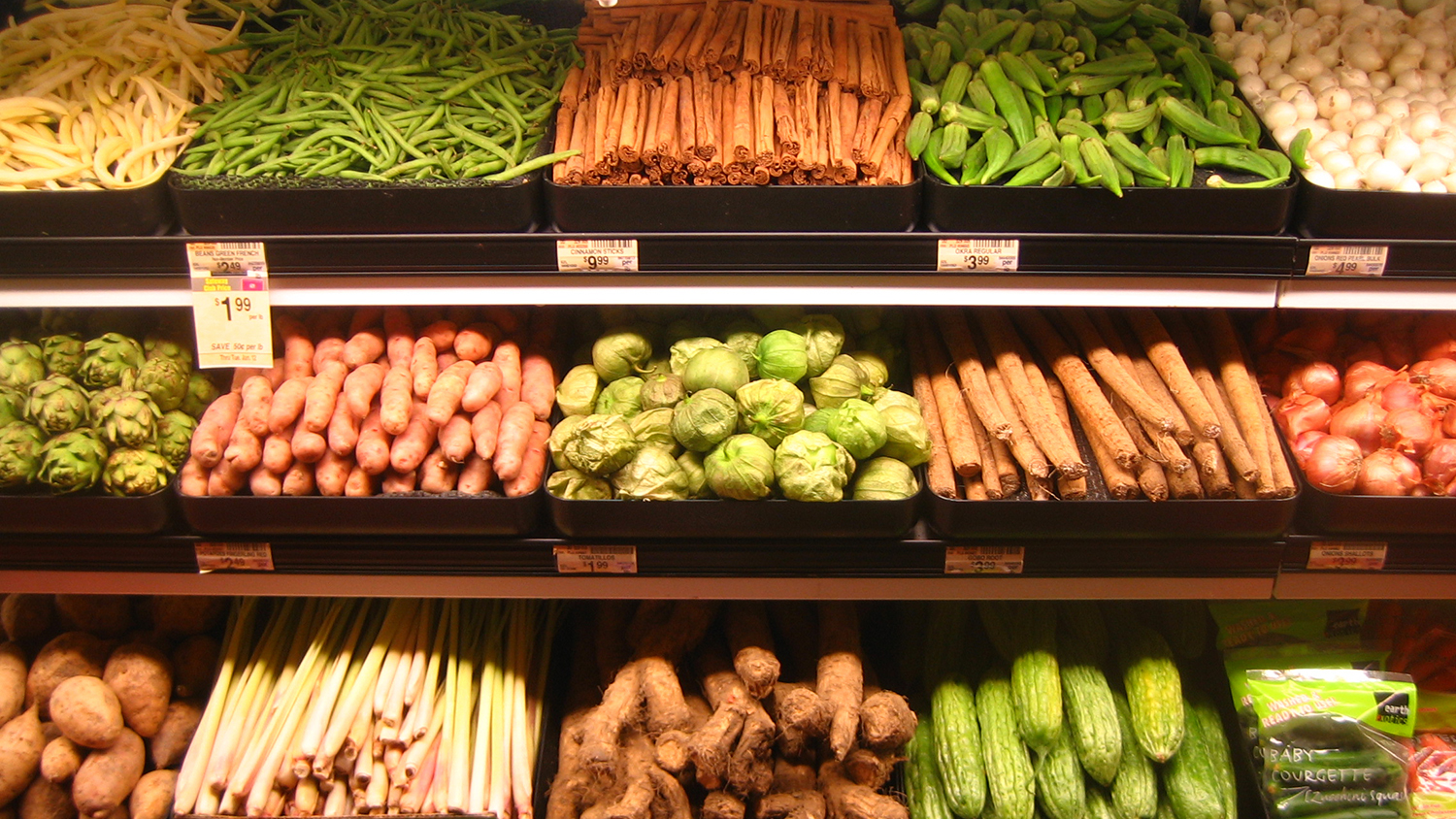
Money, Not Access, Key to Resident Food Choices in ‘Food Deserts’
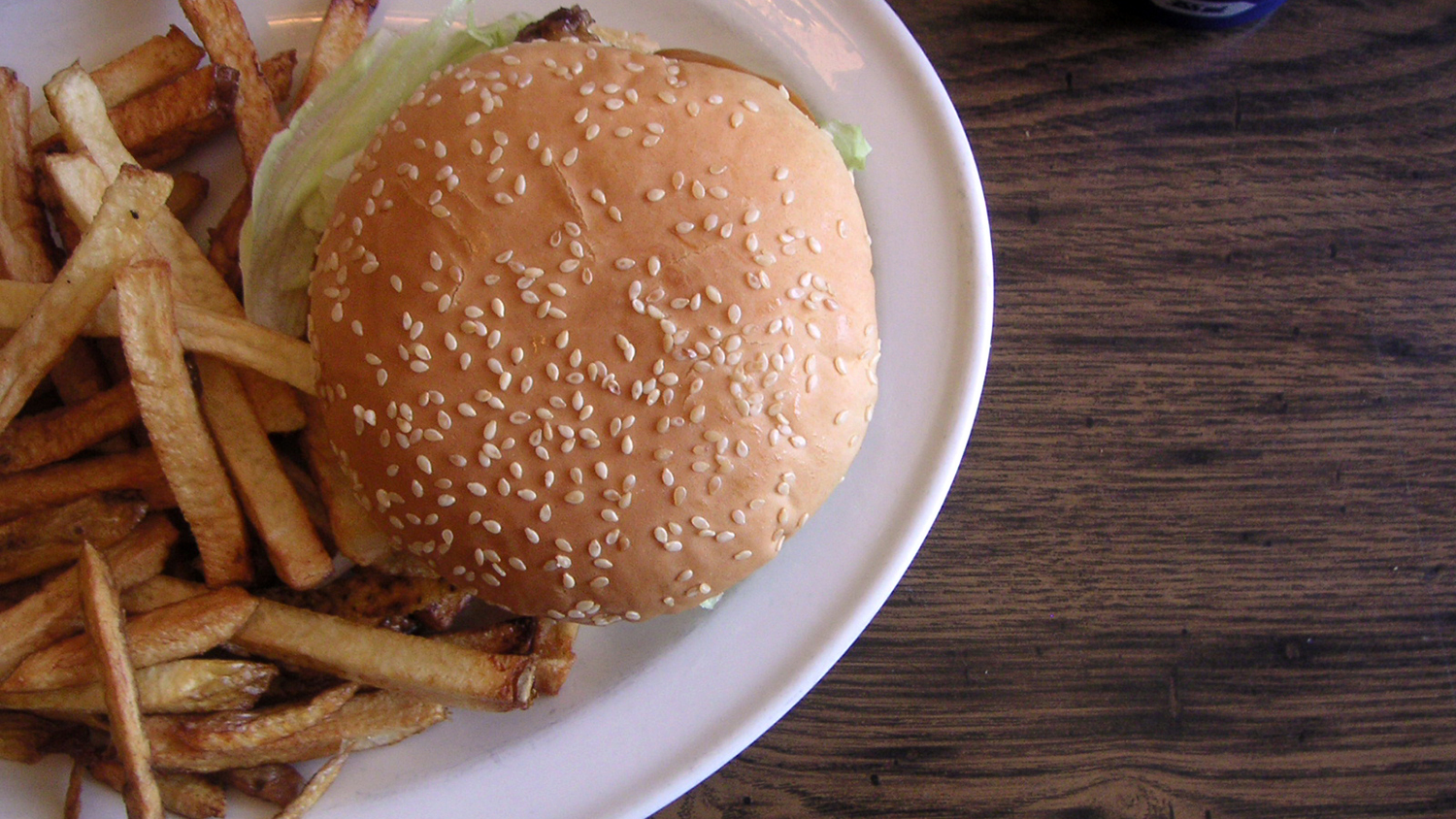
Don’t Trust Your Waiter for Food Safety Advice
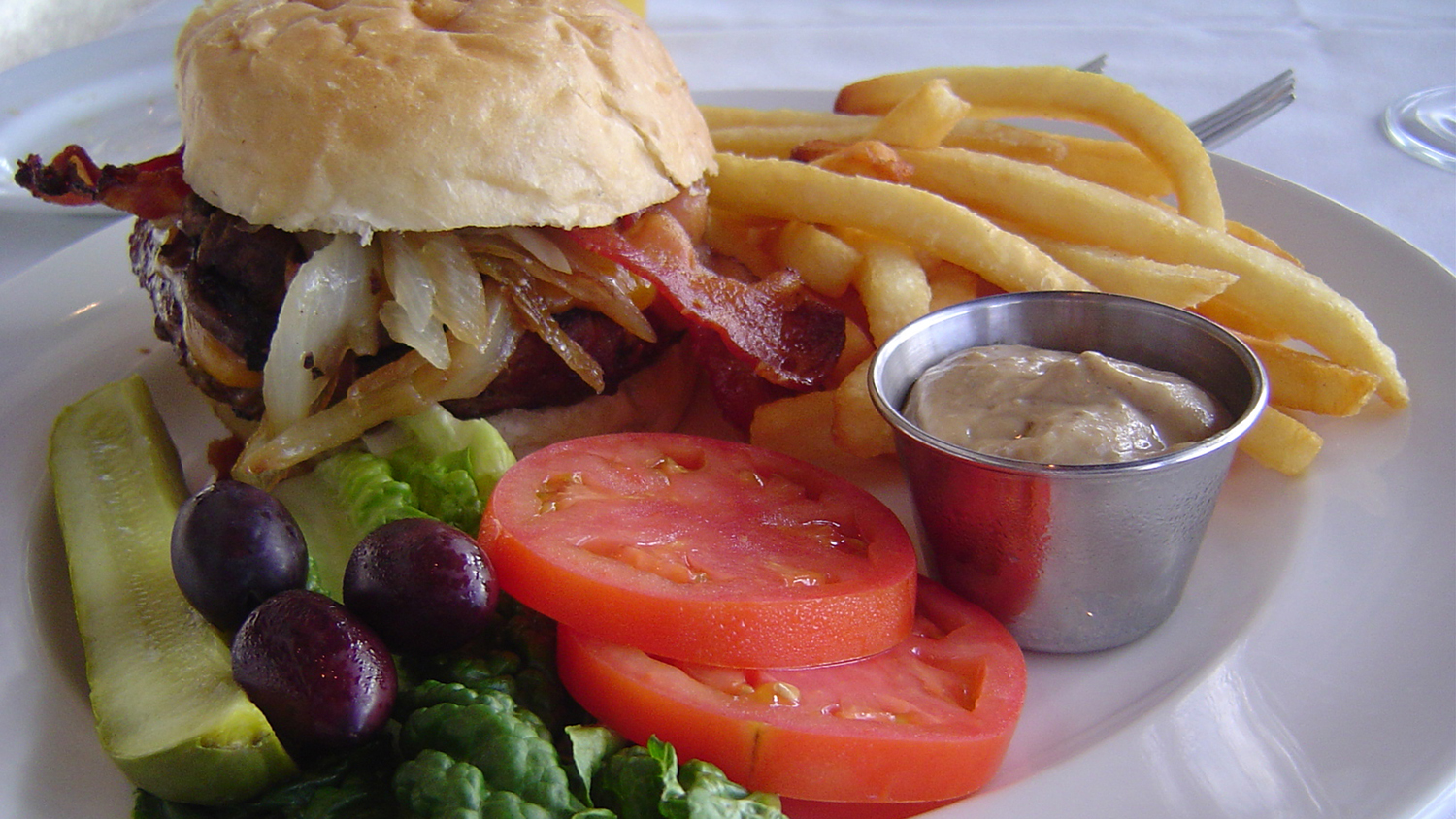
Study: Restaurants Not Good At Explaining Risks of Undercooked Meat to Customers
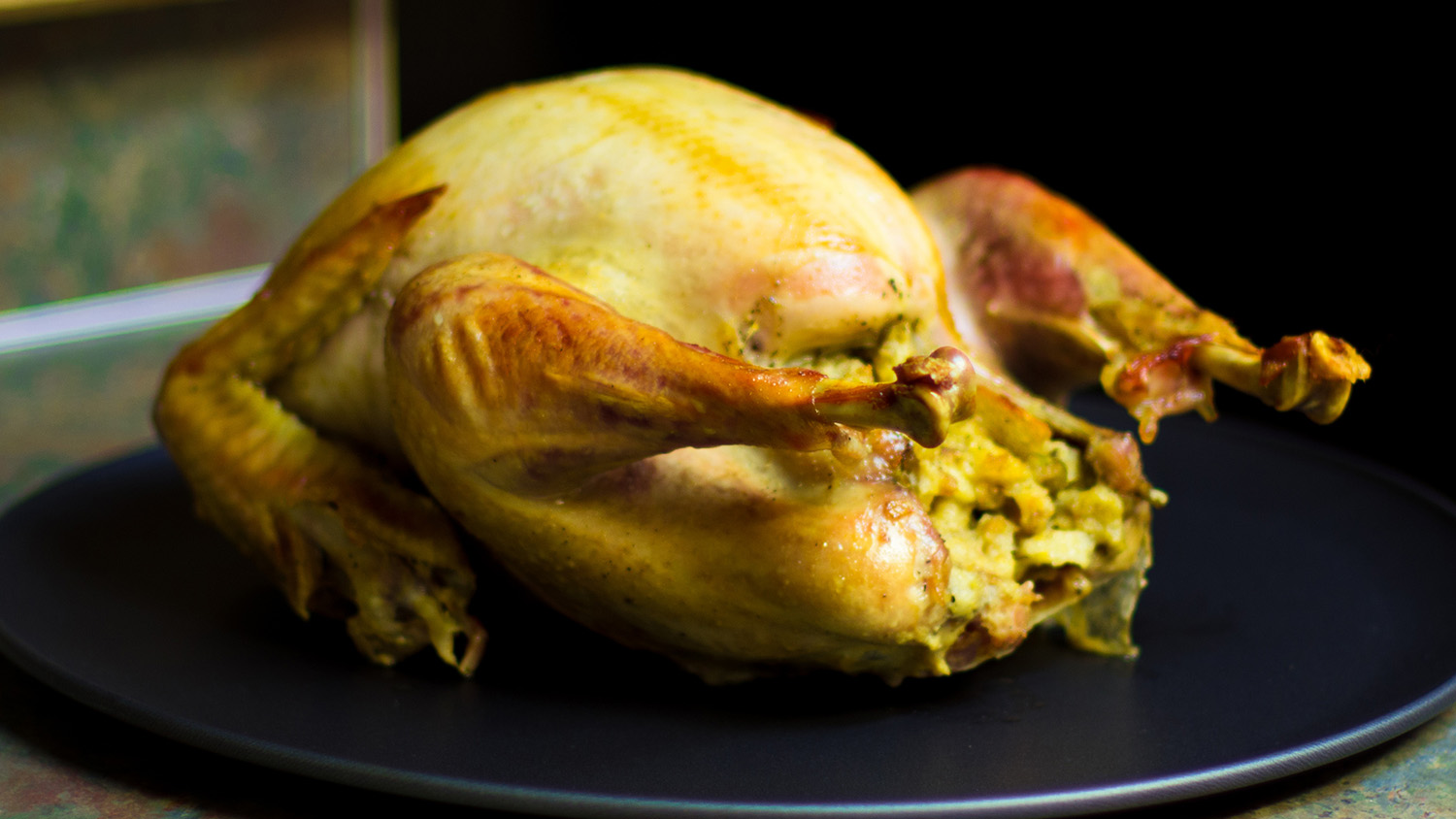
Cooking Stuffing This Holiday? Here’s a Simple Way to Help Ward Off Foodborne Illness
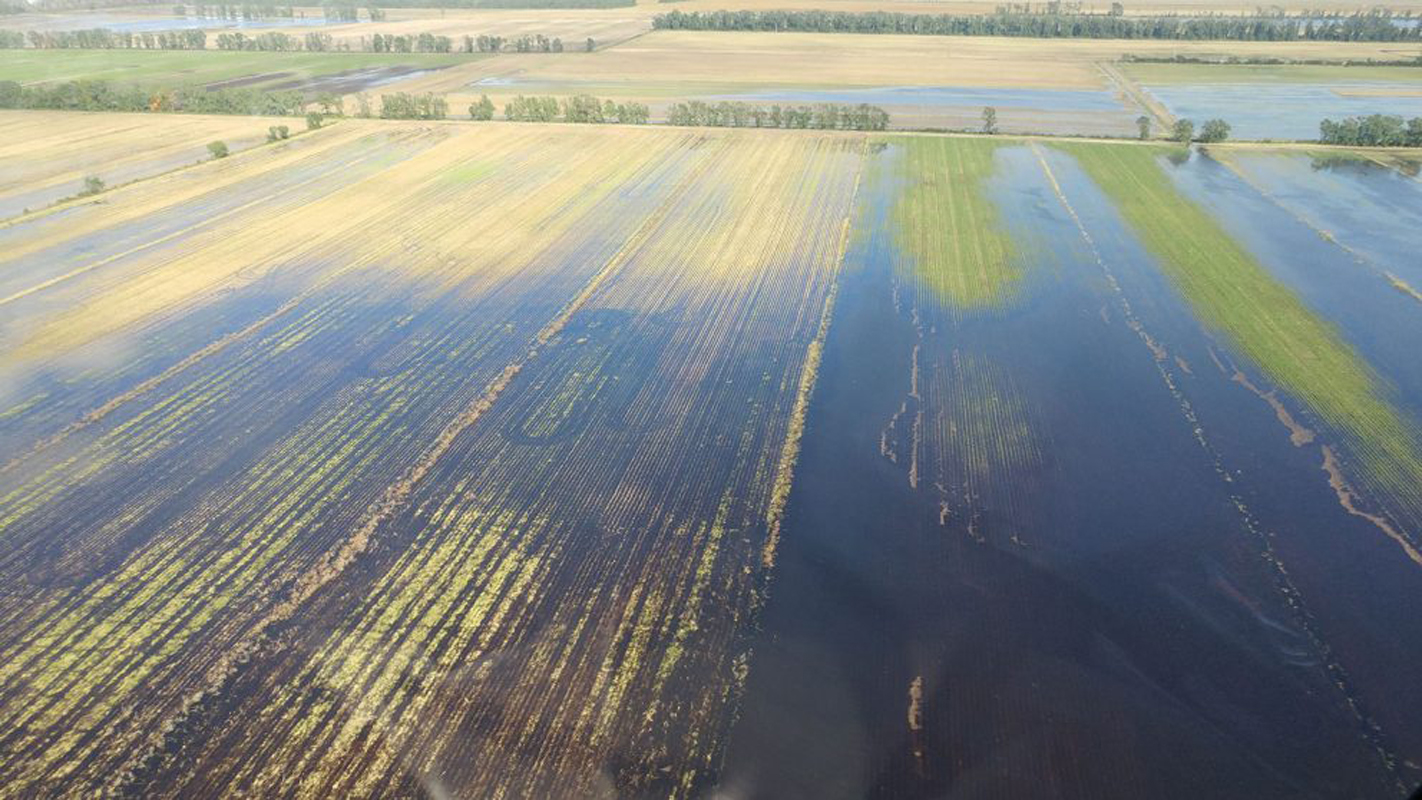
Help With Hurricane Relief Efforts
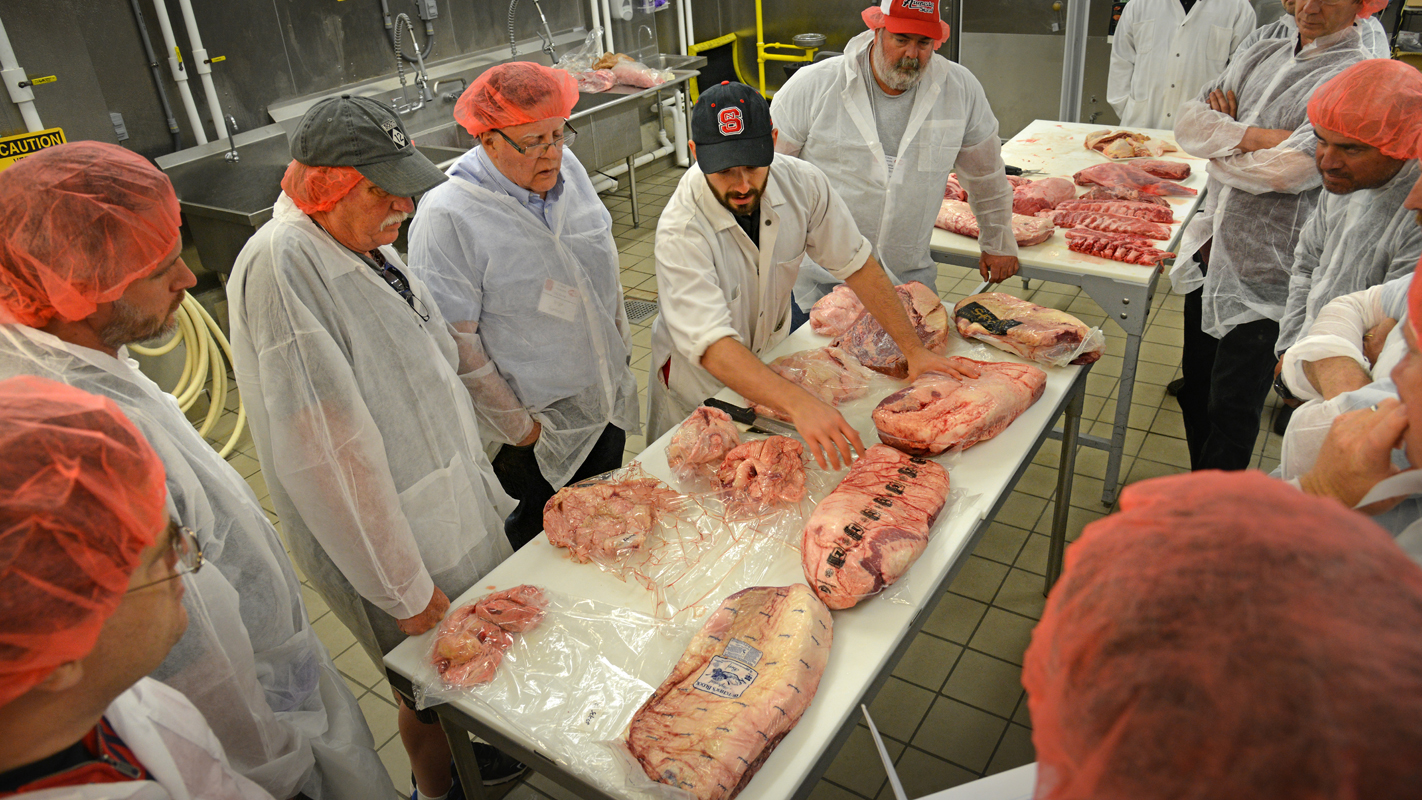
Living High on the Hog at Barbecue Camp

Woodson to Chair APLU Food Security Commission
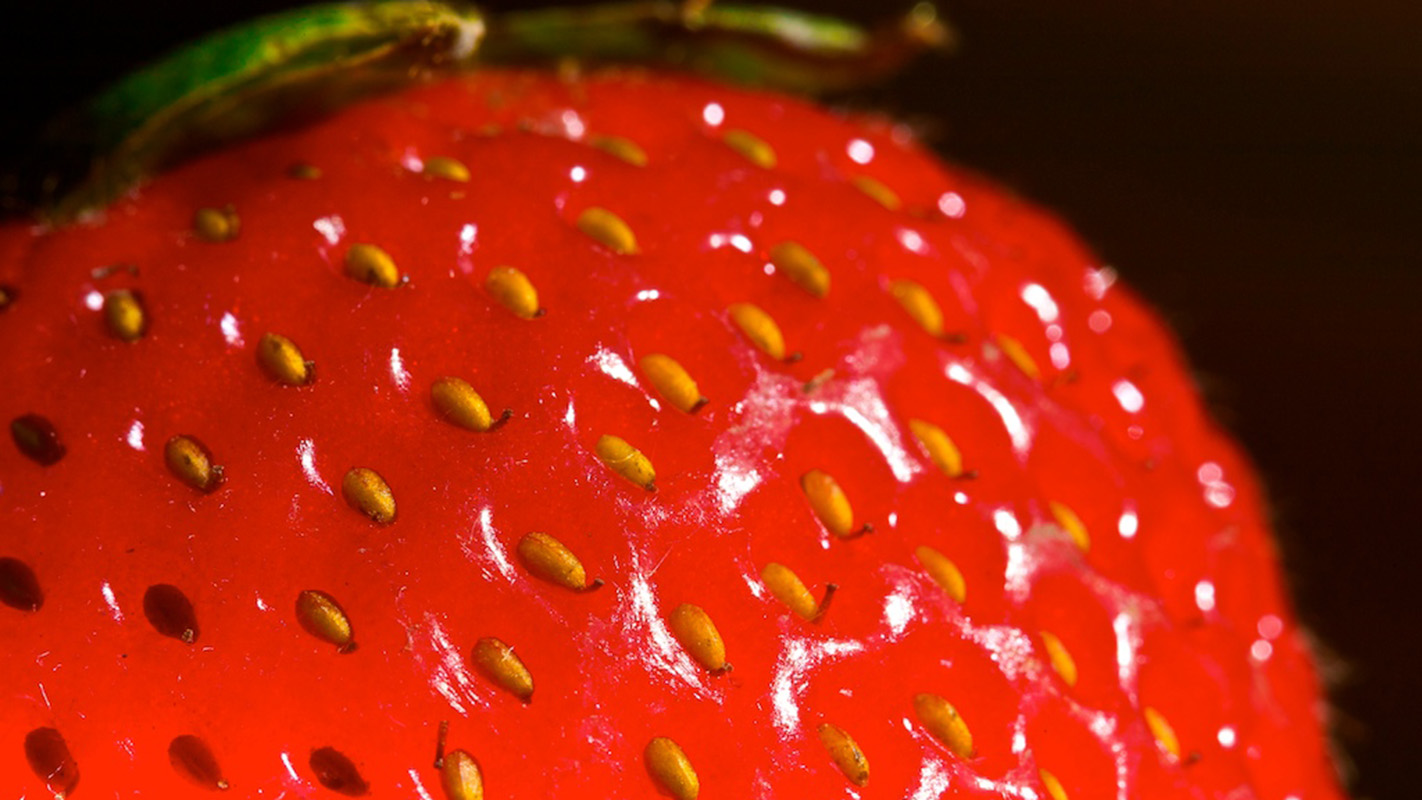
Why Do Strawberries Have Their Seeds on the Outside?
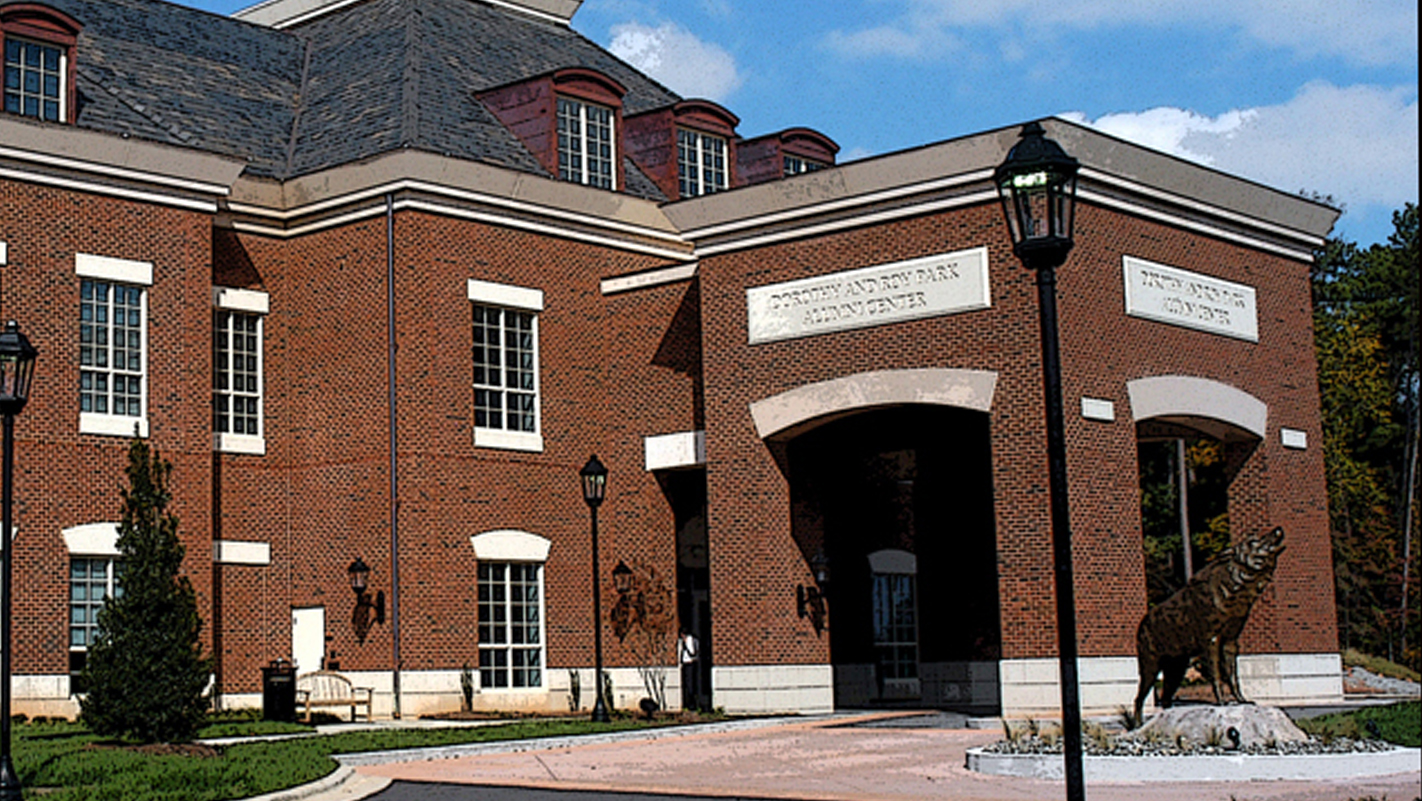
State Club Open to All at Lunch
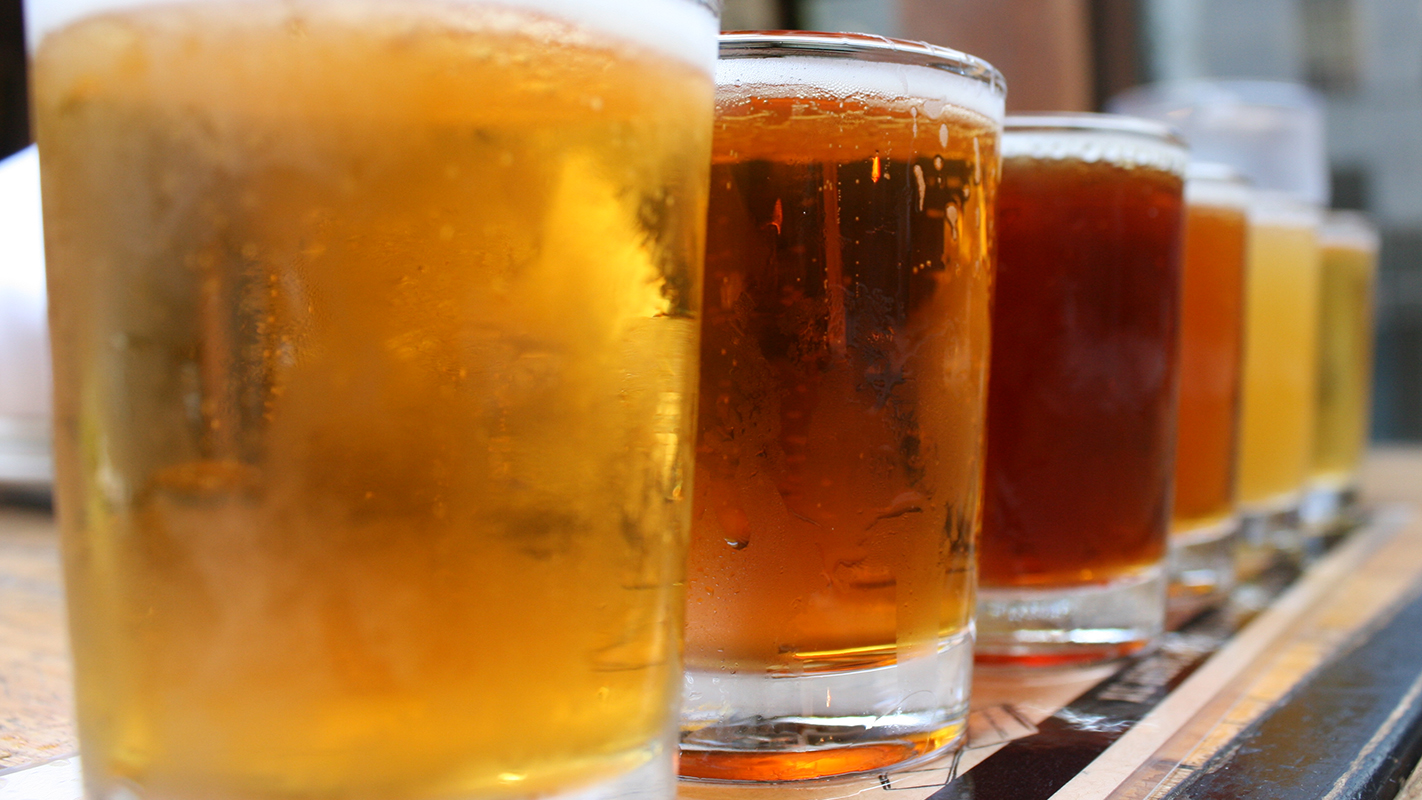
Questions About the Science of Beer
